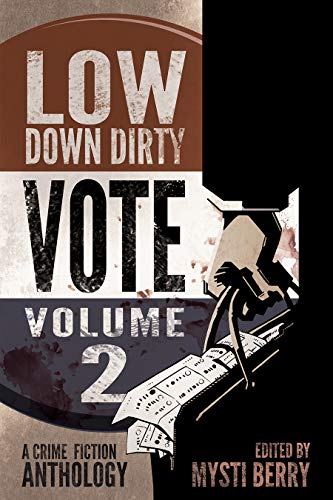Last week I wrote about my publication history at Alfred Hitchcock's Mystery Magazine and I mentioned being reprinted in Japan. Several people asked me how I went about that. I think I have discussed most of it at this site before but it might be best to put it all in one place. Unfortunately I doubt it will be of any use to you.
I self-published a book of my stories, Shanks on Crime, in 2014. It contained 13 stories, most of which had first appeared in AHMM. Two years later the same magazine published another tale in the series, "Shanks Goes Rogue."
Not long after that I received an email from a literary agency in Japan. Did I own the international rights to the book and would I be interested in being published in Japan? I answered yes and youbetcha. Turned out Tokyo Sogen, the oldest mystery publisher in Japan, wanted to translate and publish my book. (How did this happen? My speculation is that the publisher has readers going through AHMM and other magazines and one of them liked "Shanks Goes Rogue" and read in my bio note that I had a book available.)
They published Shanks on Crime (with the "Rogue" story added) using a title that the computer translates as Sunday Afternoon Tea With Mystery Writer. To promote it they asked my permission to reprint one of the stories in their magazine which is titled Mysteries! Exclamation point in the original. No pay, by the way. I said, youbetcha.
The book sold well enough that they published a collection of my otherwise uncollected non-Shanks stories called The Red Envelope and Other Stories, or in Japanese Solve Mysteries in the Coffee Shop on Holidays (according to the AI translator). Both books made lists of the best foreign mysteries of the year, he said modestly.
I have had several Shanks stories published since them. One of them, "Shanks' Locked Room," appeared in AHMM in 2021 and the Japanese publisher decided to buy it for their magazine. I am under the impression that Japanese readers like locked room stories (although mine was not traditional. The puzzle was: why would someone steal a room key and not use it?) That one they paid for.
So now you know how to get a a story published in a Japanese mystery magazine. It's a simple three-step process:
1. Get the story published in the USA.
2. Wait for an email from a Japanese literary agency.
3. Respond to the e-mail.
I said it was simple. I never said it was easy. Youbetcha. Ganbatte.












:format(jpeg):mode_rgb():quality(96)/discogs-images/R-1192689-1249491805.jpeg.jpg)


